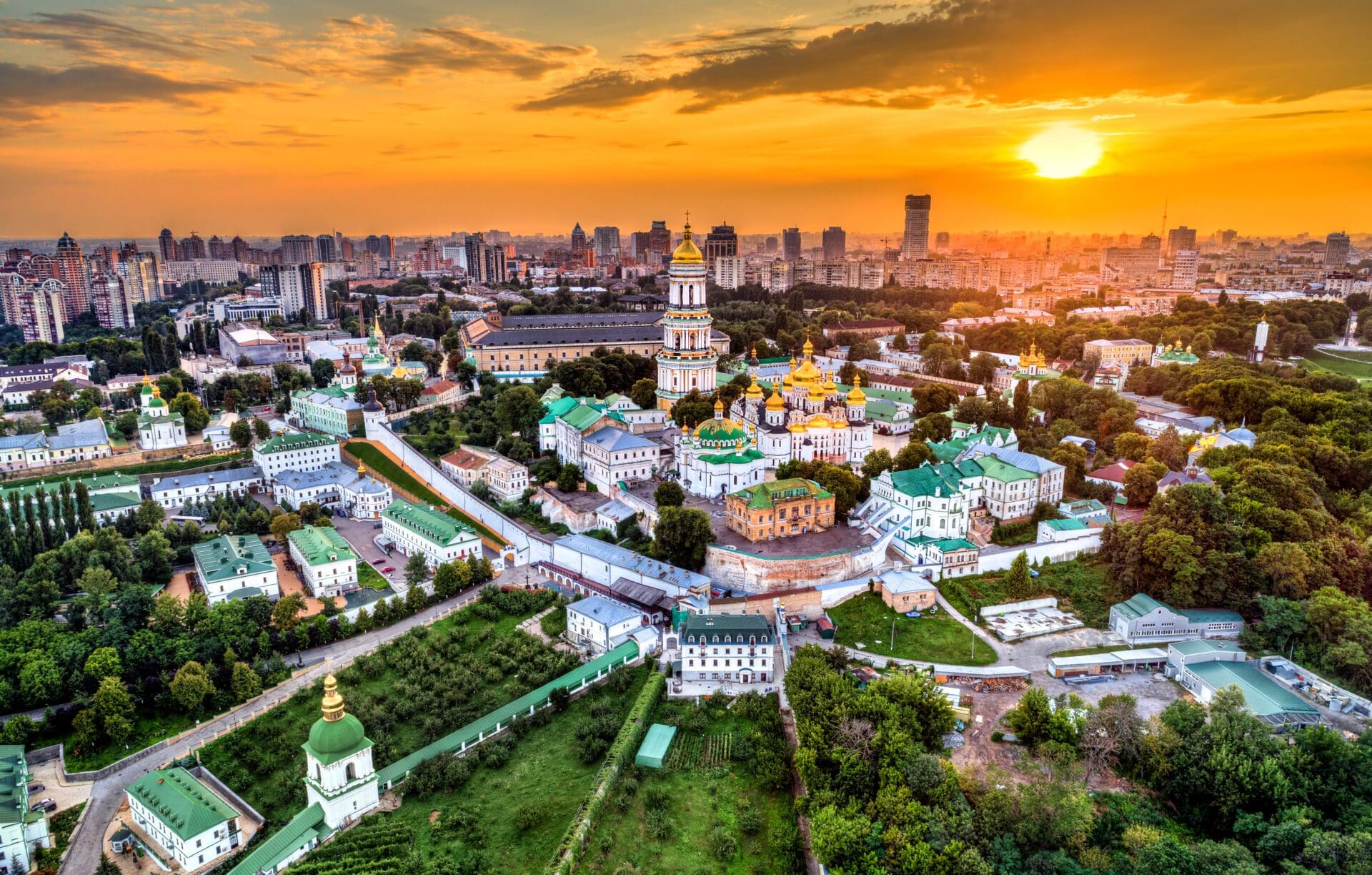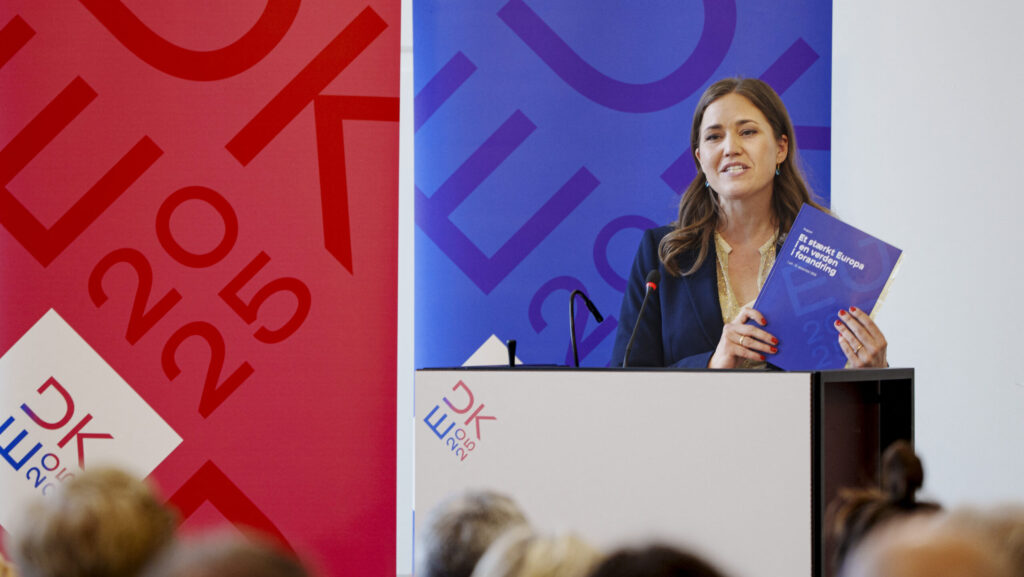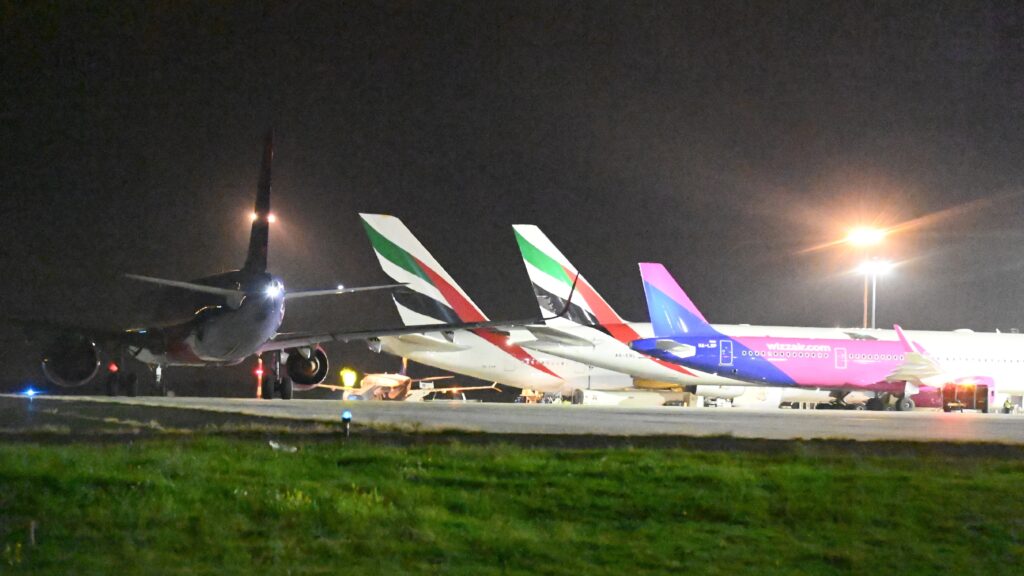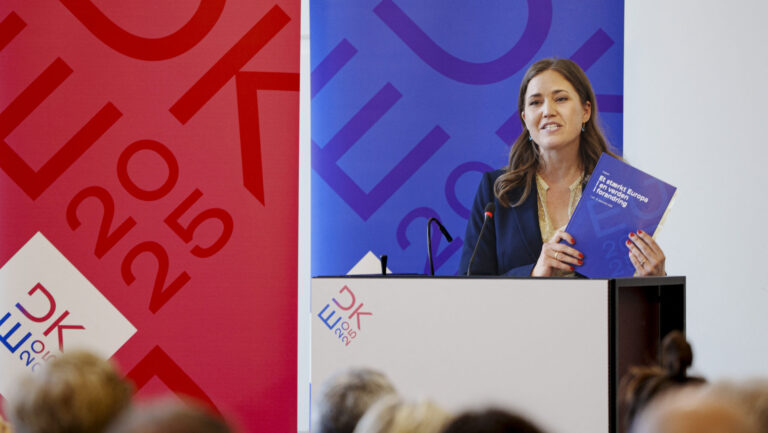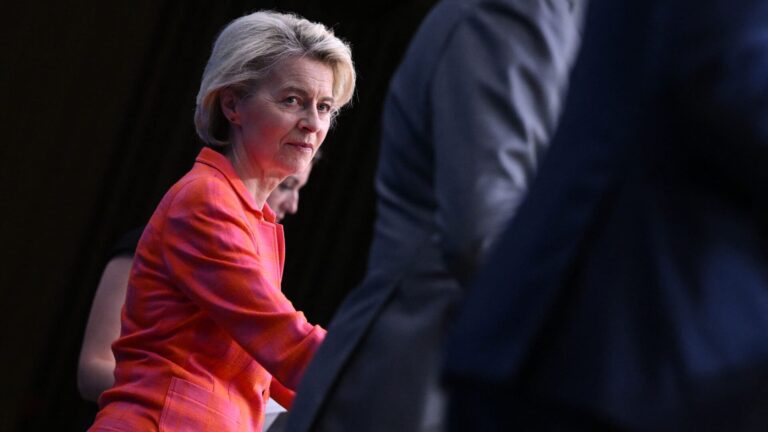Ukraine’s security service (SBU) raided the 1000-year-old Pechersk Lavra monastery in Kyiv on the suspicion that it covertly supports Moscow and spreads pro-Russian propaganda among its believers. The monastery is a UNESCO World Heritage Site built in the 11th century, and it is usually referred to as one of the seven wonders of Ukraine. According to the SBU, the monastery was targeted to stop Russian agents from using the site for sabotage and intelligence operations. The monastery is also investigated on suspicion of storing weapons for Russia. The SBU described the raid as a ‘counter-espionage measure’, however, it did not elaborate on the outcome of the search. Churchgoers are allowed to visit the monastery and pray at the holy site, but they are searched by SBU personnel before entering the church.
The Pechersk Lavra monastery was only one of three monasteries raided on Tuesday, 22 November. The raid comes just a little after the head of a diocese in the Vinnytsia area (Central Ukraine) was charged with preparing Russian propaganda leaflets that justify the invasion of Ukraine. The Pechersk Lavra monastery was involved in a scandal a couple of weeks ago too, when a video was published in which a Russian song that mentions ‘Mother Rus’ was sung in the church.
The song that was a prayer for Russia was widely interpreted as Russian propaganda.
Apparently, the song also violates the Ukrainian legislation enacted in June this year that introduced a ban on songs composed by Russian citizens. According to the legislation, it is prohibited to publicly show or perform music created by Russian citizens after 1991—unless the songwriter or singer have in the meantime given up their Russian citizenship or publicly criticized Russia’s invasion of Ukraine.
The Pechersk Lavra monastery is the headquarters of the Ukrainian Orthodox Church (UOC) that until May 2022 used to be under the jurisdiction of the Moscow Patriarchate. A couple of months after the beginning of the invasion, the UOC formally broke ties with the Moscow Patriarchate due to their disagreement with the latter’s position on the invasion. The Moscow Patriarchate never condemned the war, with Patriarch Kirill of Moscow actually endorsing the war and describing the invasion as a ‘metaphysical struggle’ against the sinful Western world. While the UOC formally severed ties with the Moscow Patriarchate, the liturgical communion between the two Orthodox churches has been preserved.
The UOC should not be confused with the Orthodox Church of Ukraine (OCU) that was united in 2018 and was granted autocephaly (self-governorship i.e., independence from the Moscow Patriarchate) in 2019 by Bartholomew I, the Ecumenical Patriarch of Constantinople. The 2019 schism was partially motivated by the Moscow Patriarchate’s willingness to underplay the conflict between Russia and Ukraine, and also because
Orthodox churches in Ukraine that belonged to the Moscow Patriarchate promoted pro-Russian messages during their services.
To end the religious influence of Moscow on Ukrainian believers, the OCU was granted independence from the Moscow Patriarchate, and since 2018 Ukrainian parishes have been gradually joining the OCU, eliminating the remainder of Moscow’s religious influence over Ukraine. As opposed to those parishes that joined the OCU, the UOC (to which the raided monasteries belong) stayed formally under the Moscow Patriarchate’s influence until May this year. The UOC finally broke with the Moscow Patriarchate three months into the war, so the UOC has not been under Moscow jurisdiction for six months now, but as the SBU raid demonstrates, the Ukrainian authorities are not convinced about the loyalty of the Ukrainian Orthodox Church.

